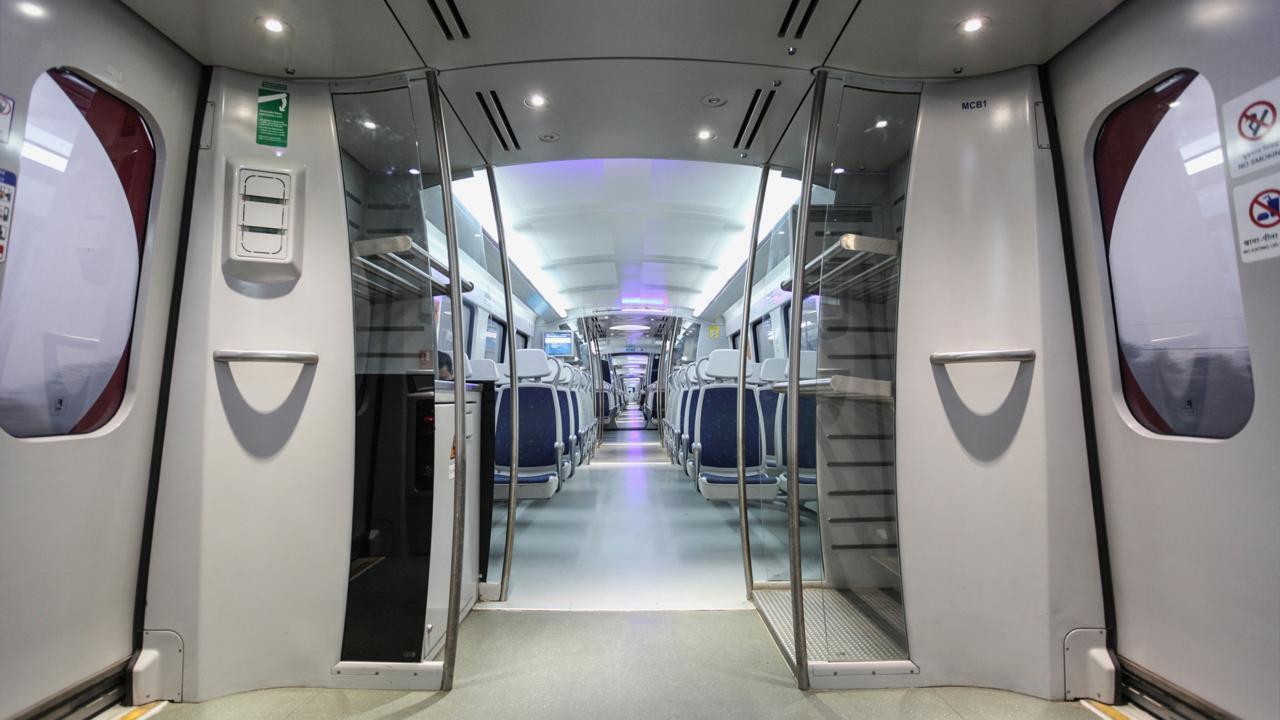
Post by : Amit
A Symbol of Modern India: Titagarh Strengthens Urban Rail with Pune Metro Coach Delivery
Pune, July, 2025 – In a milestone achievement that underlines India's growing dominance in indigenous rail manufacturing, Titagarh Rail Systems has successfully delivered another set of sleek, lightweight aluminum-bodied metro coaches for the Pune Metro Rail Project. The delivery is part of a broader effort to modernize India’s urban and intercity rail systems while showcasing the capabilities of homegrown manufacturers on the global stage.
This recent dispatch reinforces Titagarh’s position not only as a top-tier metro coach supplier but also as a key contributor to India’s twin goals of transport modernization and ‘Make in India’ manufacturing self-reliance. As Pune races toward metro expansion amid rising population and pollution concerns, these coaches are set to make a real-world difference in how the city moves.
Pune Metro: Easing Congestion, Inspiring Confidence
The Pune Metro, an ambitious project jointly funded by the central and Maharashtra government, aims to transform the mobility landscape of one of India’s fastest-growing urban centers. With two operational corridors—Line 1 (PCMC to Swargate) and Line 2 (Vanaz to Ramwadi)—the system is designed to decongest roads, cut down emissions, and connect key neighborhoods.
Each trainset delivered by Titagarh is a crucial part of this grand infrastructure push. These coaches aren’t merely transport vehicles; they symbolize a shift toward smarter, faster, and more sustainable urban living.
What Sets the Coaches Apart: Lightweight, Smart, and Passenger-Friendly
The metro coaches manufactured by Titagarh for Pune Metro are unique in their construction and design. Built with aluminum alloy, these cars are significantly lighter than traditional stainless-steel rakes. That weight advantage leads to higher energy efficiency, reduced strain on the tracks, and lower long-term operating costs for the metro operator.
Inside the coaches, the design prioritizes passenger comfort and safety. Each trainset features spacious gangways, modern HVAC systems, CCTV surveillance, emergency communication systems, and real-time passenger information displays. The coaches also feature dedicated space for persons with disabilities and follow universal accessibility norms.
Beyond comfort, the coaches are also eco-conscious, aligning with global sustainability goals. The use of aluminum reduces the vehicle's lifecycle emissions significantly. Additionally, regenerative braking systems help conserve energy during operation, feeding power back into the grid.
From West Bengal to Maharashtra: A Homegrown Achievement
The Pune Metro coaches are being manufactured at Titagarh’s state-of-the-art facility in Uttarpara, West Bengal. From raw materials to final assembly, the production is deeply rooted in Indian engineering capabilities.
The company’s ability to design, test, and deliver world-class rolling stock from Indian soil aligns perfectly with the Make in India mission and serves as a compelling example of how regional industries can support national priorities.
While India has long relied on imports or foreign partnerships for advanced metro and trainset technology, companies like Titagarh are flipping the narrative—exporting coaches instead of importing them, and innovating for Indian conditions with Indian minds.
Alignment with India’s Broader Rail Ambitions
The Pune Metro coaches are not Titagarh’s only claim to fame. The company is also a prominent contributor to India’s prestigious Vande Bharat Express project, having partnered with Bharat Heavy Electricals Limited (BHEL) to develop and deliver the next generation of semi-high-speed trains.
This dual presence—across intercity (Vande Bharat) and urban (Metro) segments—makes Titagarh a linchpin in India’s rail overhaul strategy. The synergies between these domains are immense. Design, manufacturing infrastructure, supply chains, R&D talent, and quality control processes benefit both segments, creating a virtuous cycle of innovation and efficiency.
Government Endorsement and Public Trust
Officials from Maharashtra Metro Rail Corporation Ltd (Maha-Metro) and the Ministry of Housing and Urban Affairs have publicly praised Titagarh’s work. During the handover ceremony of the latest Pune Metro trainset, senior officials commended the company’s timeliness, adherence to quality standards, and commitment to India's transit goals.
“This is a moment of pride not just for Pune, but for all of India. The world is seeing what our companies can build, and Pune Metro is one of the brightest examples,” said a Maha-Metro executive.
Public reception to the new trains has also been overwhelmingly positive. Commuters are noting the smooth ride, upgraded interiors, and real-time announcements as welcome upgrades from existing systems. With better frequency and coverage, the metro is slowly becoming the preferred mode of transport for daily office-goers and students.
Economic and Strategic Impact
The delivery of coaches from Titagarh also has significant economic implications. The manufacturing process employs hundreds of skilled workers and engineers, providing high-value jobs and strengthening India's industrial base.
Moreover, localization of production drastically reduces foreign exchange outflows, which would otherwise be spent on imported rolling stock. As domestic firms rise to meet global standards, the country’s trade balance in rail equipment stands to improve markedly.
Strategically, the growing expertise in rolling stock opens new doors for exports, especially to emerging economies in Southeast Asia, Africa, and Latin America. These regions are actively exploring cost-effective and proven metro systems, and India—thanks to Titagarh and others—is positioned to be a preferred supplier.
A Race Against Time—and Winning It
The Pune Metro project is unfolding under tight deadlines, with expectations from both governments and the public. Timely delivery of coaches is not just a technical requirement but also a measure of industrial discipline and project governance. In that regard, Titagarh’s consistent performance has injected confidence into timelines and cost forecasts for the metro network.
Each delivery strengthens the operator’s ability to scale services, improve ridership, and meet growing commuter demands. With urban population growth continuing unabated, every additional trainset becomes crucial for maintaining operational fluidity and service efficiency.
More Projects on the Horizon
With the successful delivery for Pune Metro, Titagarh is eyeing future orders from Bangalore, Chennai, Hyderabad, and Ahmedabad, where metro expansions are either planned or ongoing. The company is also in talks with private and public sector stakeholders involved in metro-lite and metro neo systems for tier-2 and tier-3 cities.
Industry analysts estimate that Titagarh's metro coach order book could double in the next two years, fueled by both domestic orders and foreign interest. Investors have taken note as well—the company’s stock has seen a healthy uptick on the back of strategic project wins and execution milestones.
Rolling Toward a New Era
Titagarh’s latest metro coach delivery to Pune is more than a logistical milestone—it’s a clear signal that India is entering a new era of transport leadership. By blending cutting-edge technology, efficient execution, and nationalist vision, the company is not just building trains but also public trust and industrial muscle.
In a nation where trains have long been the arteries of movement, the modernization of rail—urban and intercity alike—means a healthier, faster, and more connected future. And with firms like Titagarh at the wheel, that future is arriving right on time.
Titagarh, Pune Metro, India
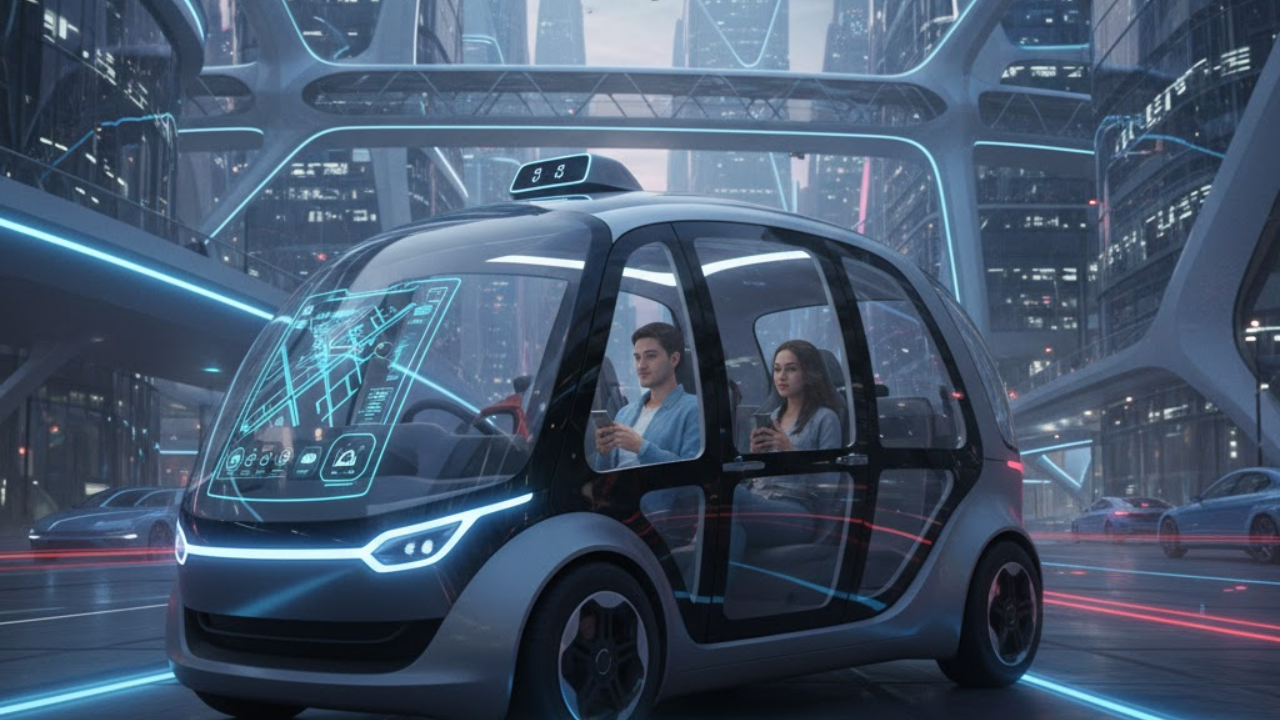
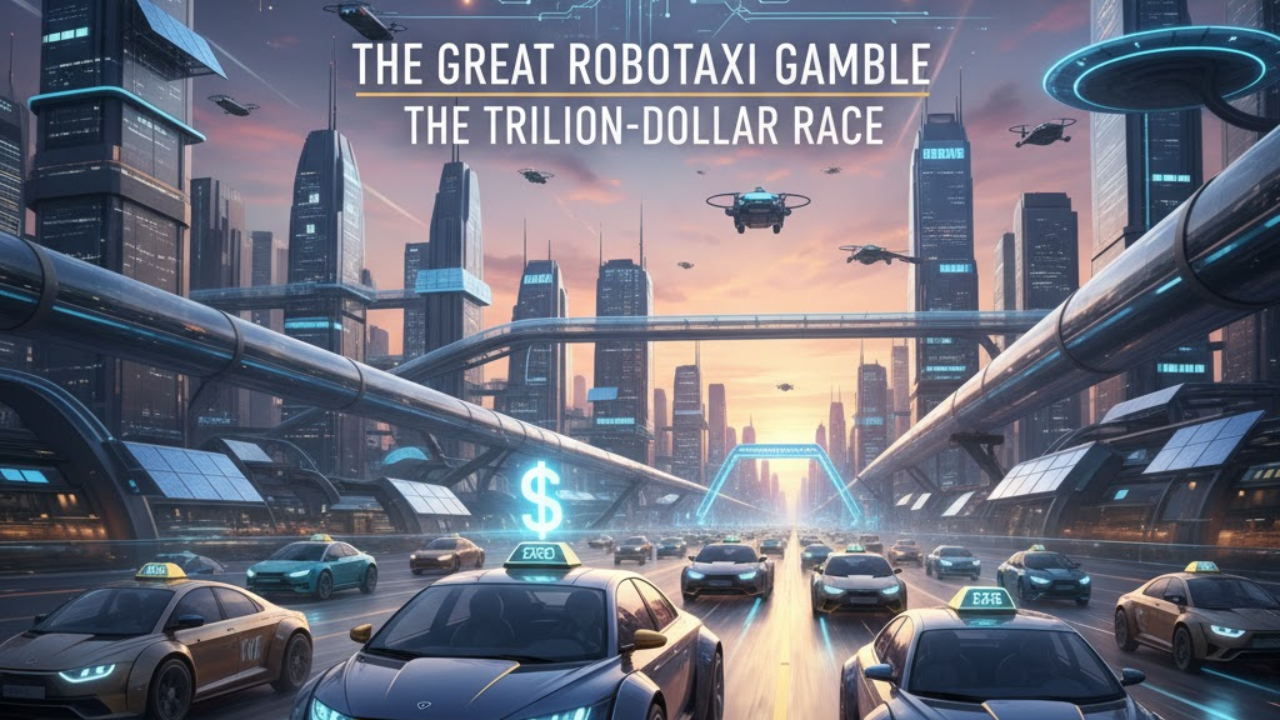
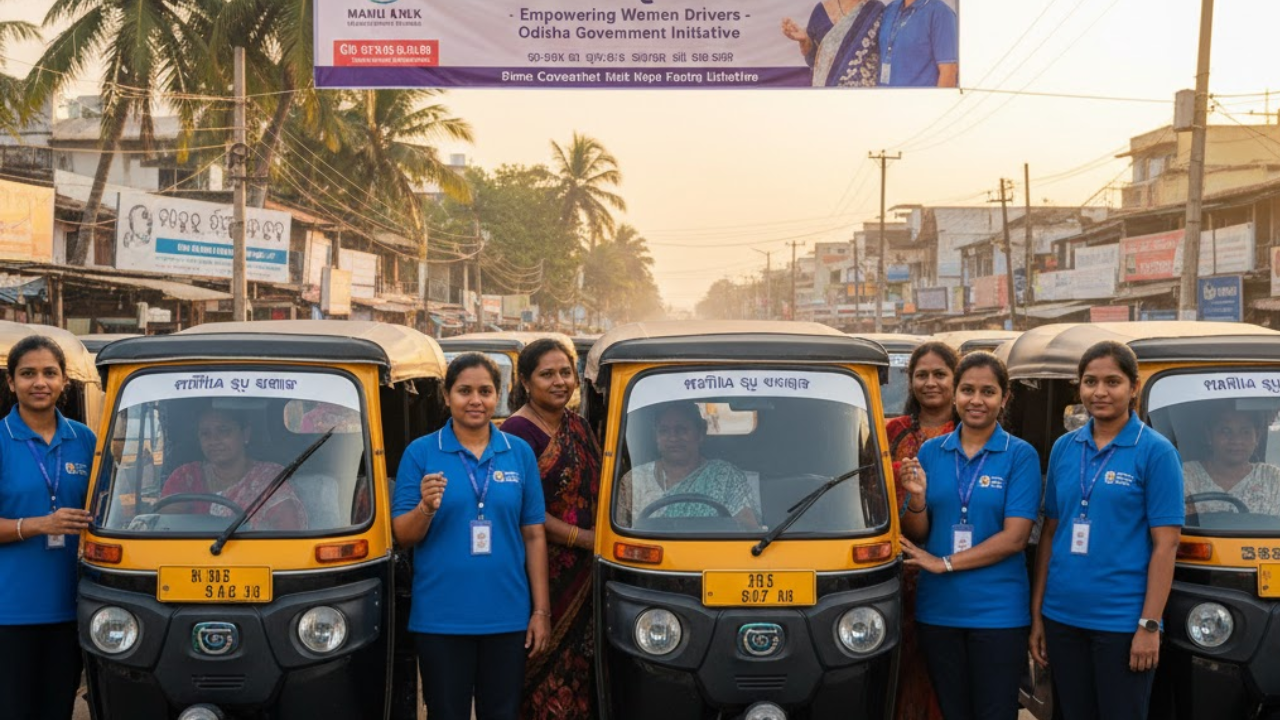
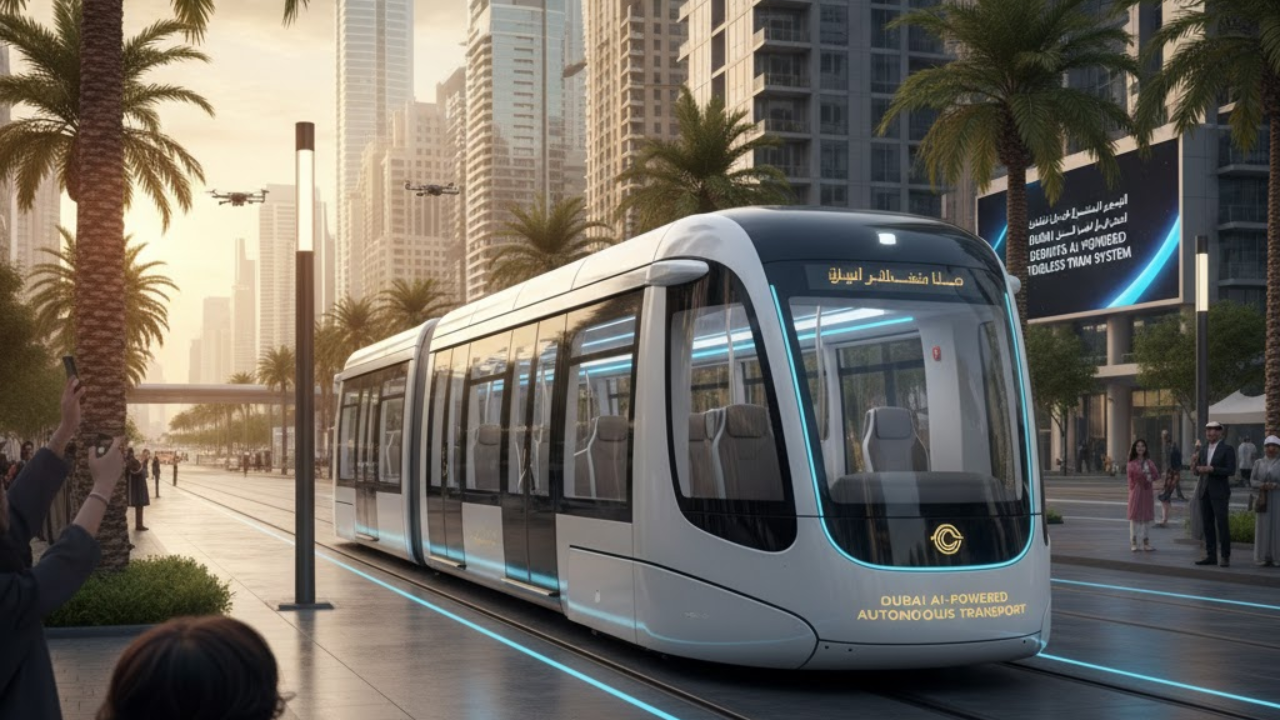
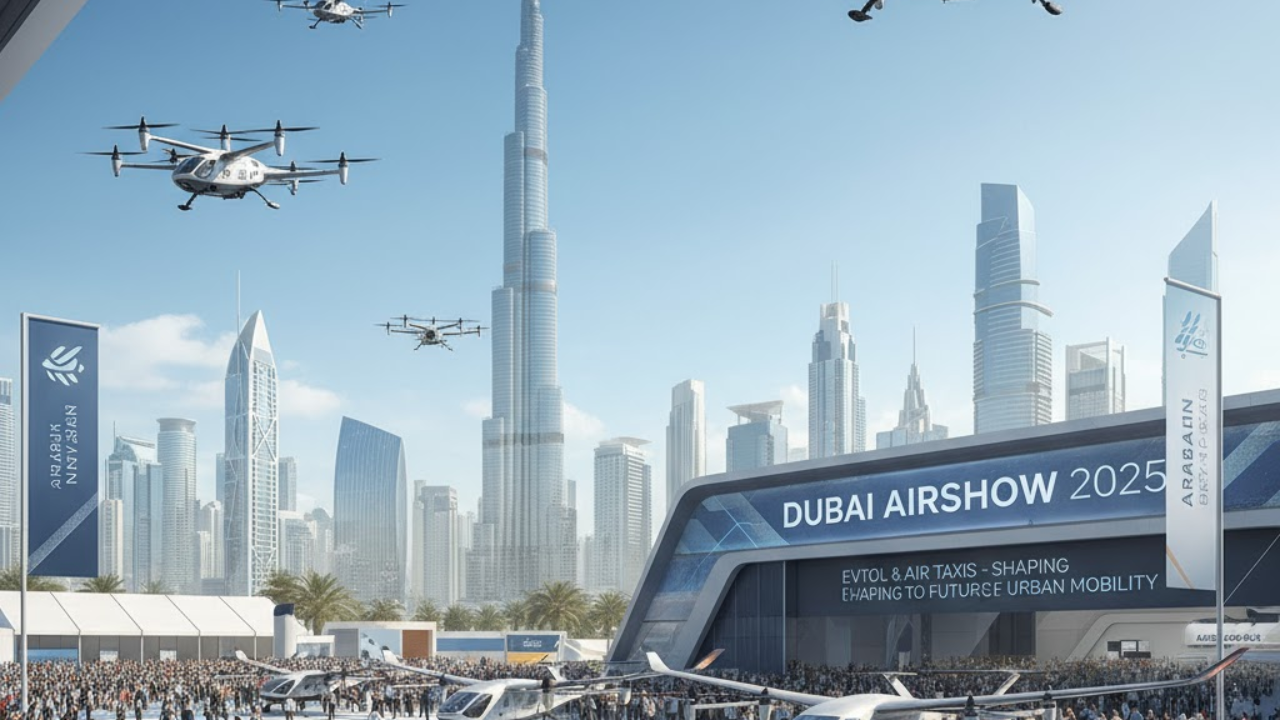
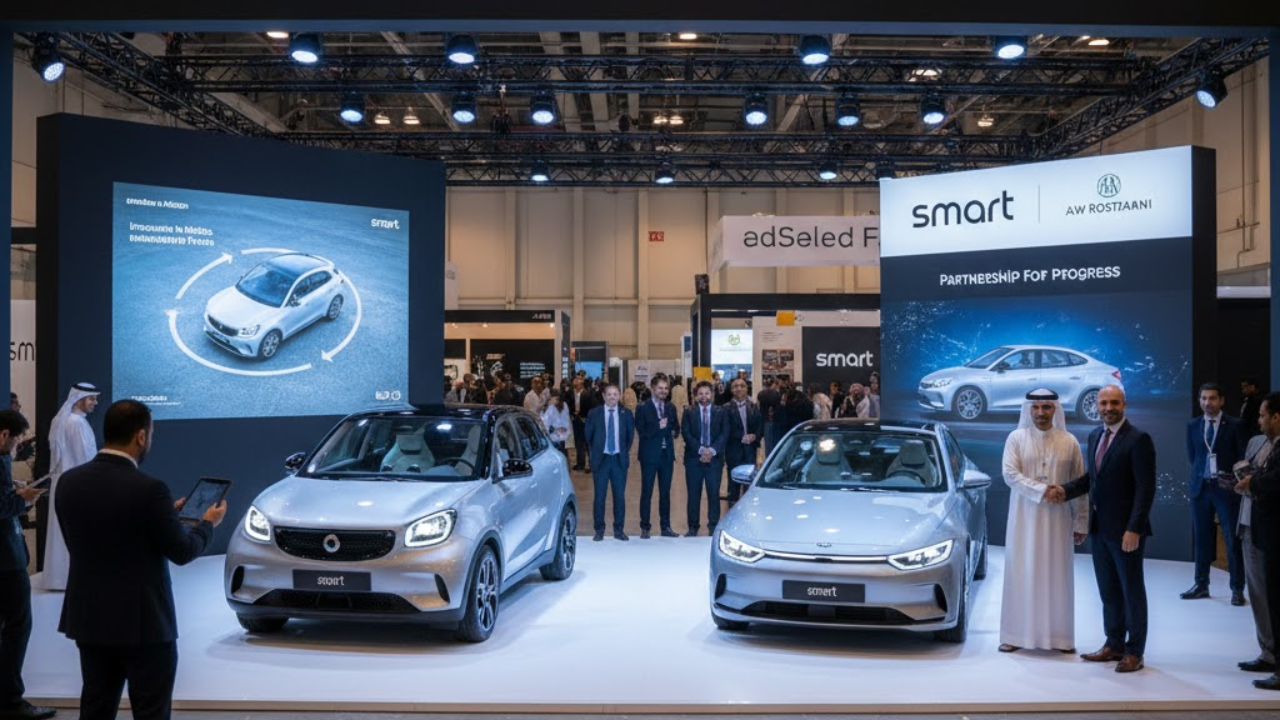
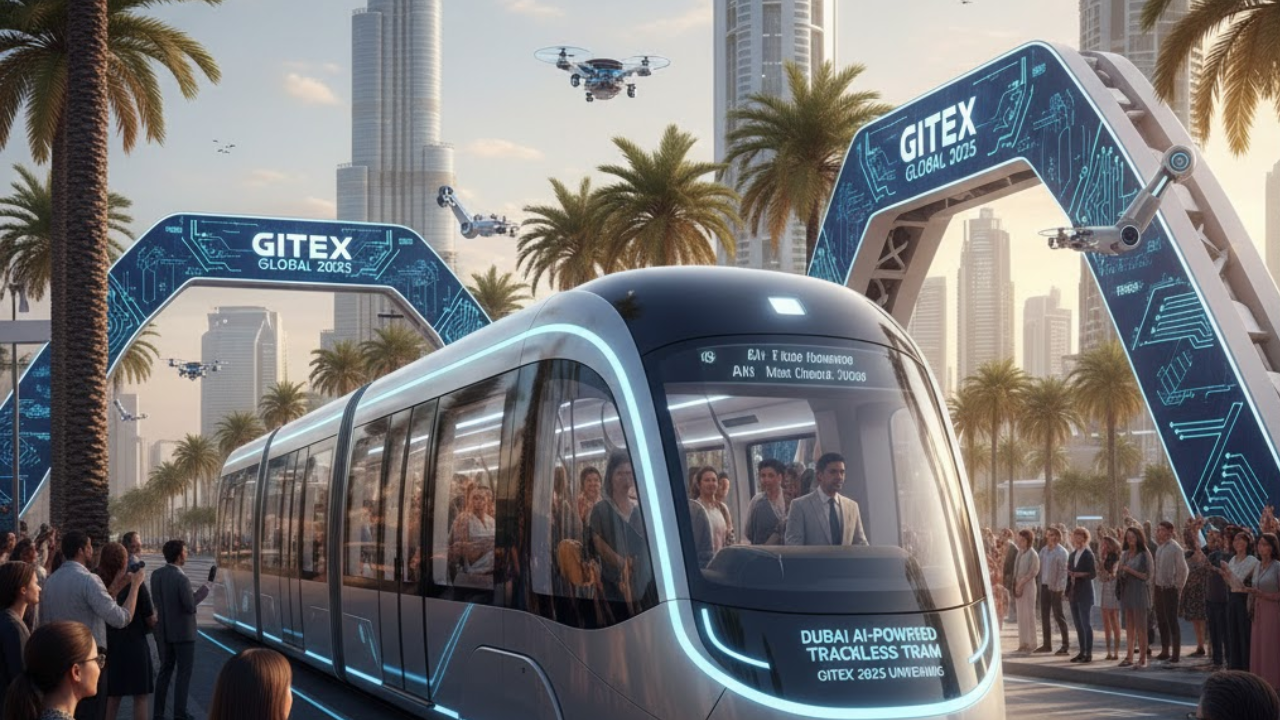
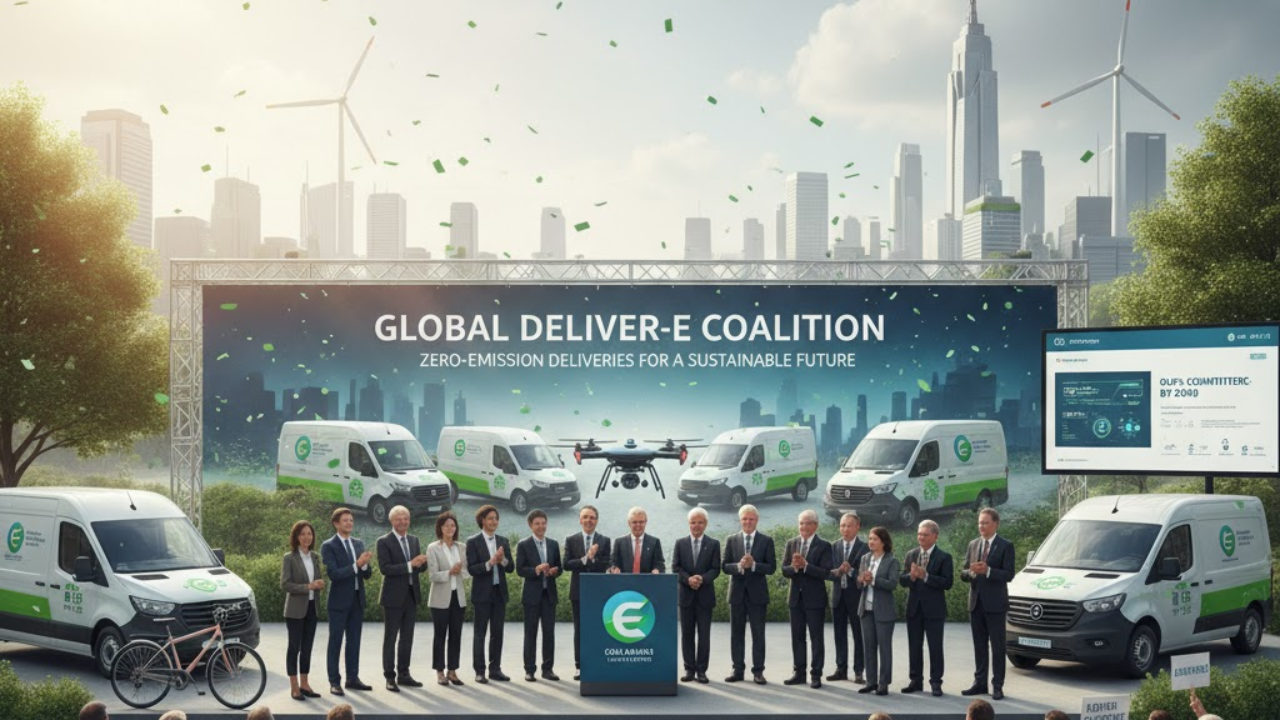
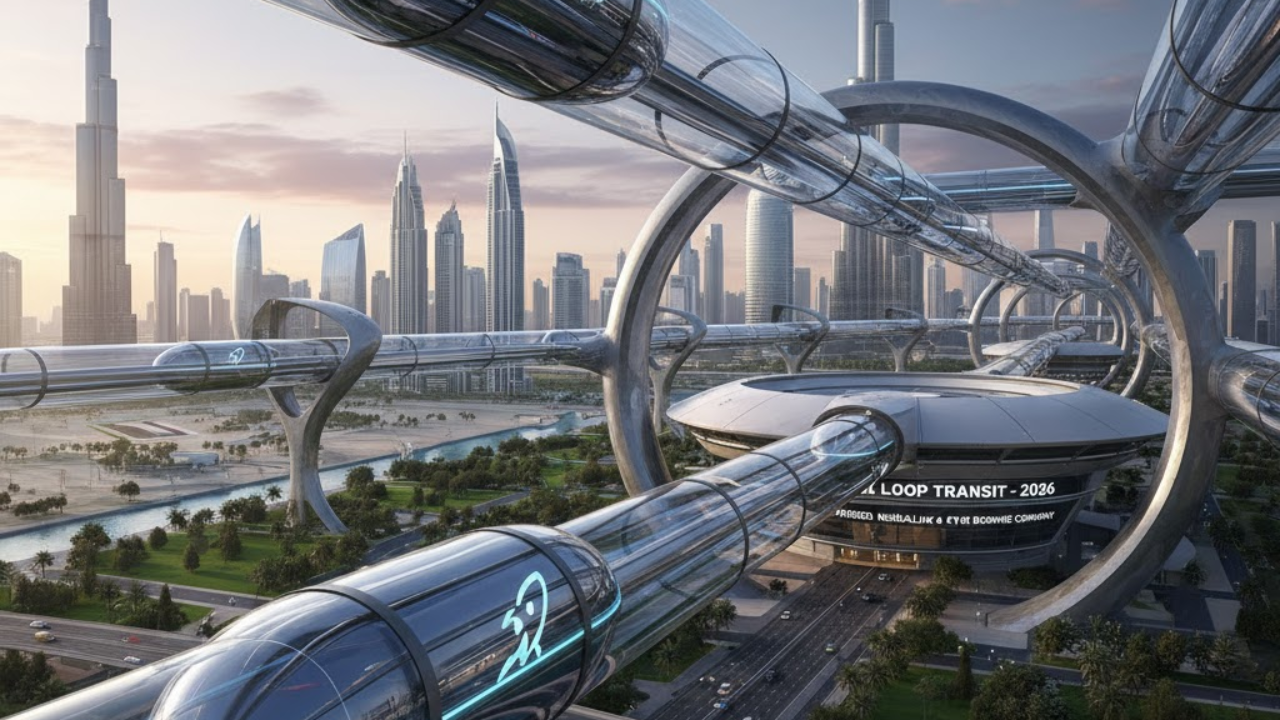

Bengaluru-Mumbai Superfast Train Approved After 30-Year Wait
Railways approves new superfast train connecting Bengaluru and Mumbai, ending a 30-year demand, easi

Canada Post Workers Strike Halts Nationwide Mail and Parcel Services
Canada Post halts operations as CUPW strike disrupts mail and parcel delivery nationwide amid disput
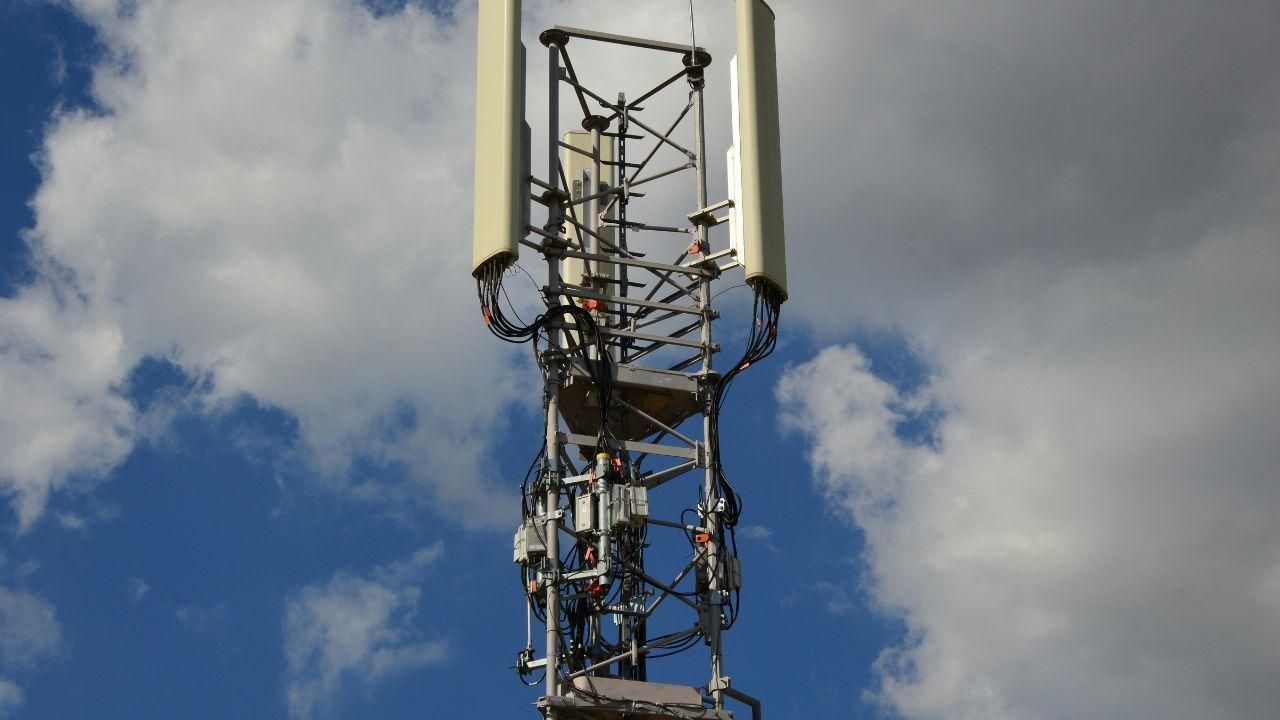
PM Modi Launches BSNL ‘Swadeshi’ 4G Network, 97,500 Towers Built
India enters global telecom league as PM Modi inaugurates BSNL’s indigenous 4G, connecting 26,700 vi
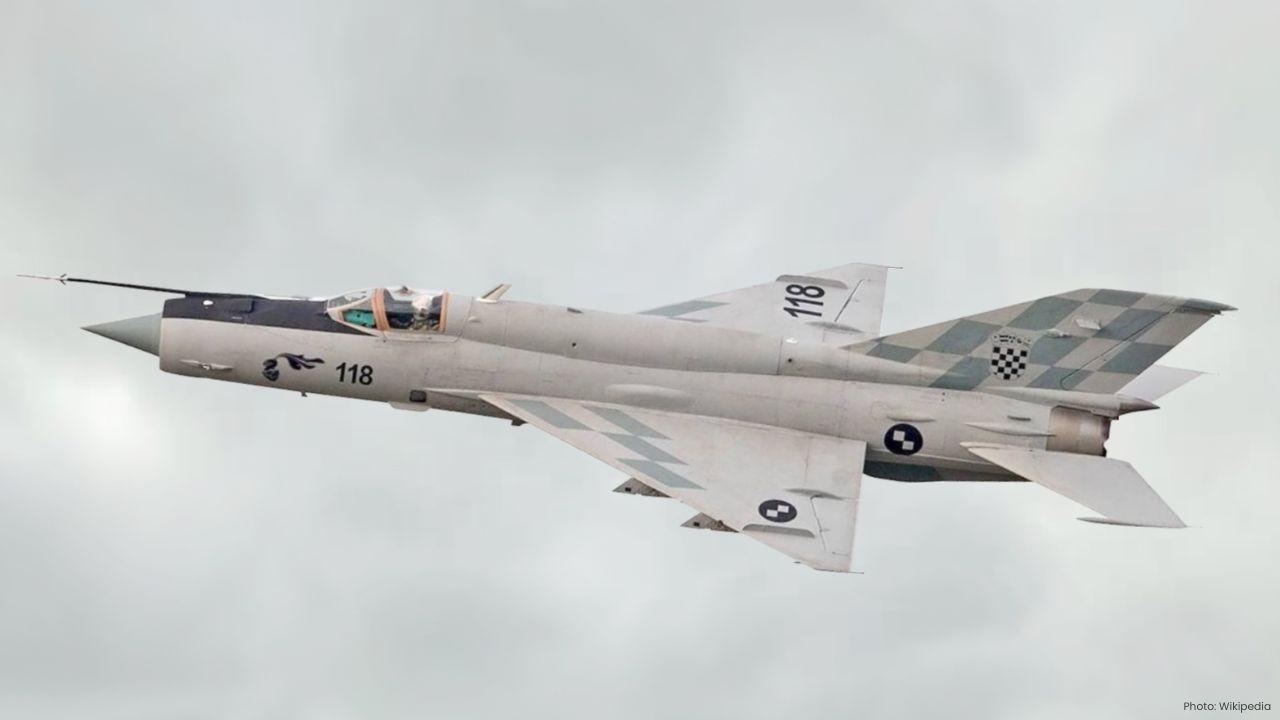
India’s Iconic MiG‑21 Takes Final Flight After Six Decades of Service
After 60 years India retires its MiG‑21 fighter jet, a legendary yet controversial warplane marking
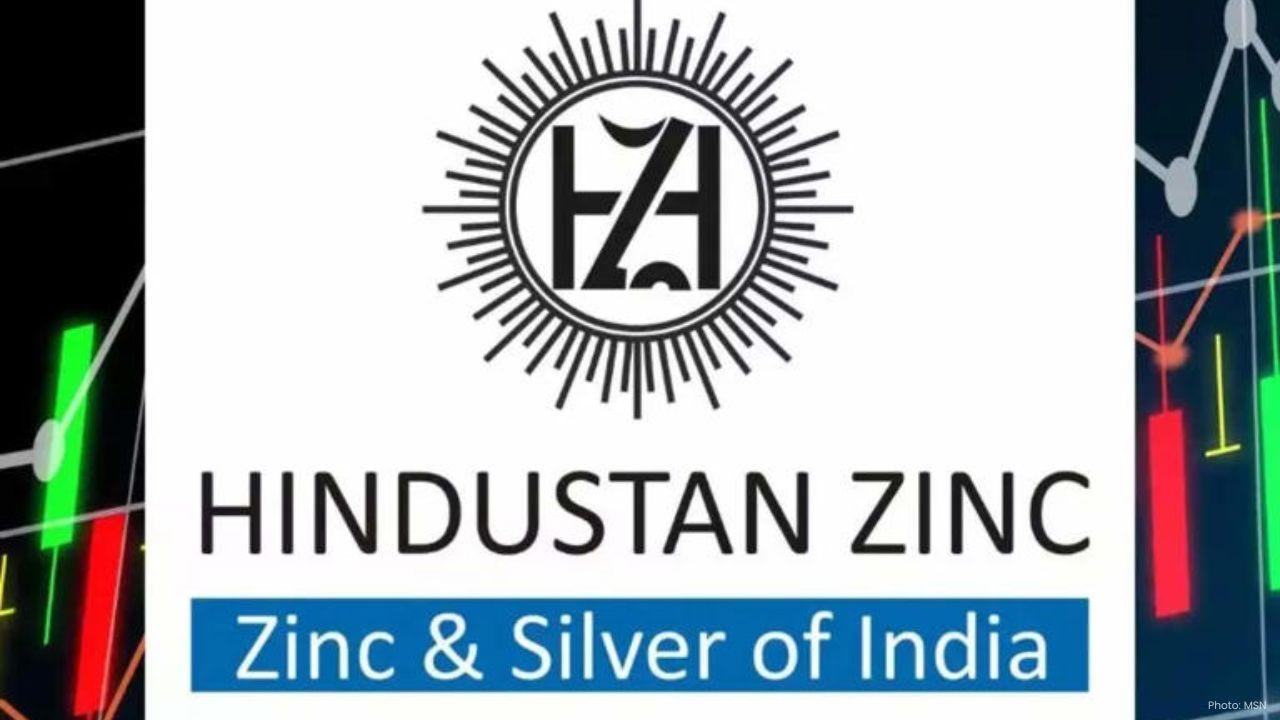
Hindustan Zinc unveils AI hotspot monitoring at Debari smelter
Hindustan Zinc launches AI-powered Switchyard Hotspot Monitoring at Debari smelter to cut outages bo

Chinese experts worked inside sanctioned Russian drone plant
Chinese drone specialists visited IEMZ Kupol supplying parts and drones via intermediaries, deepenin